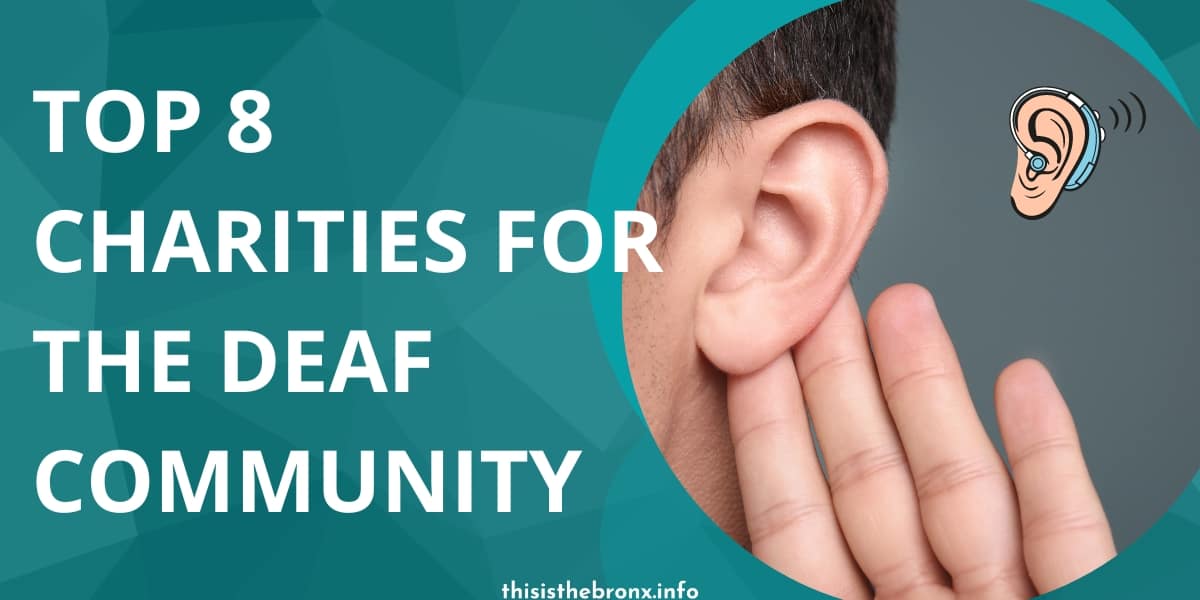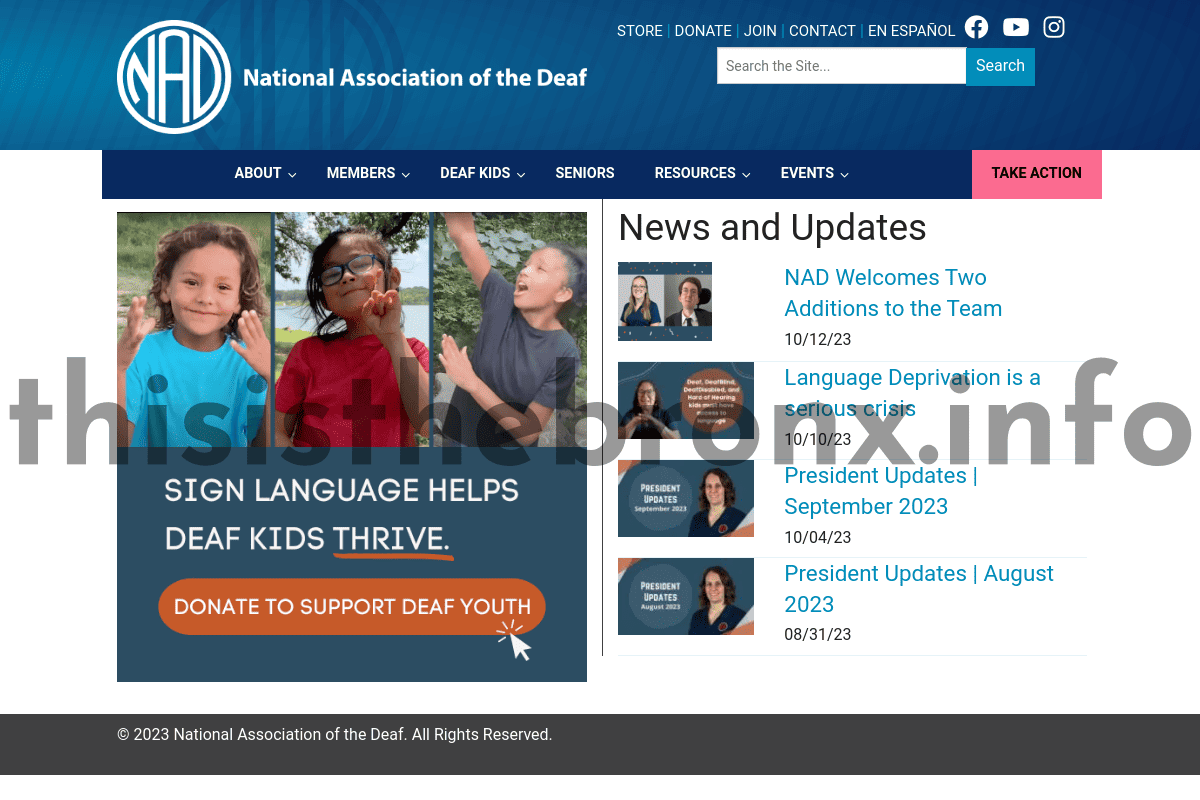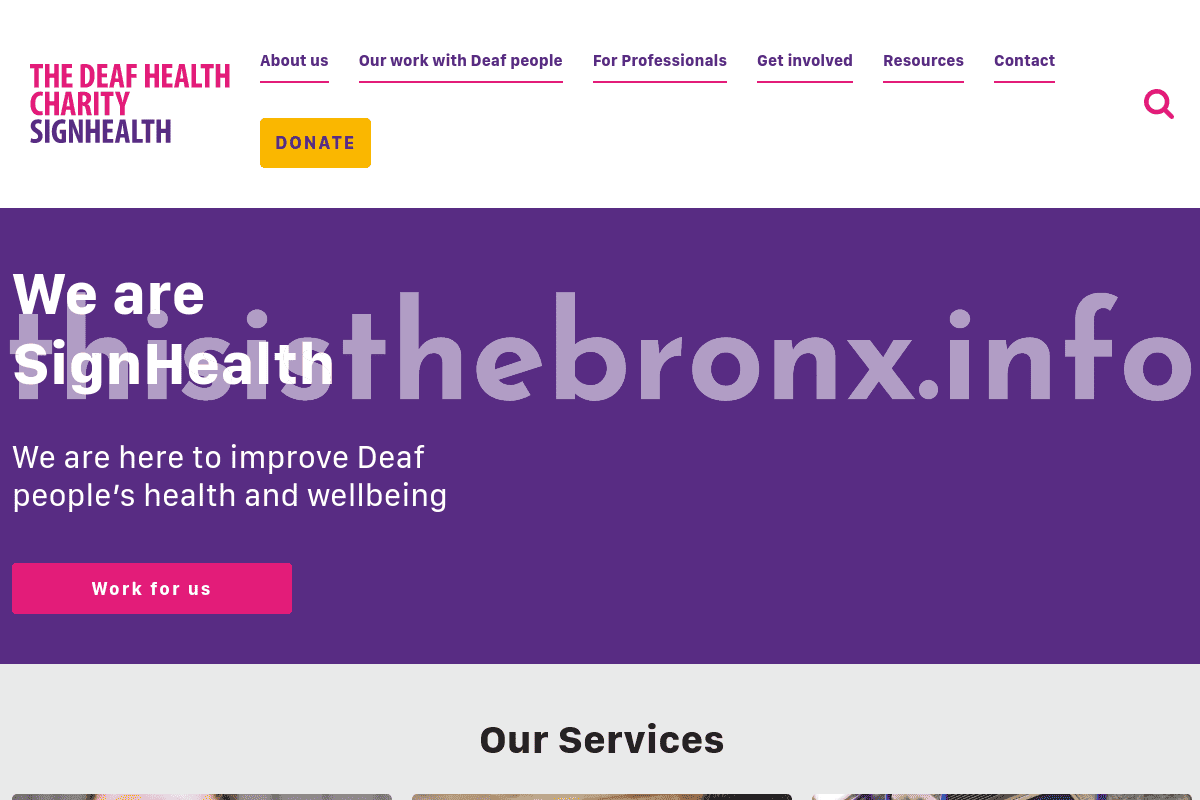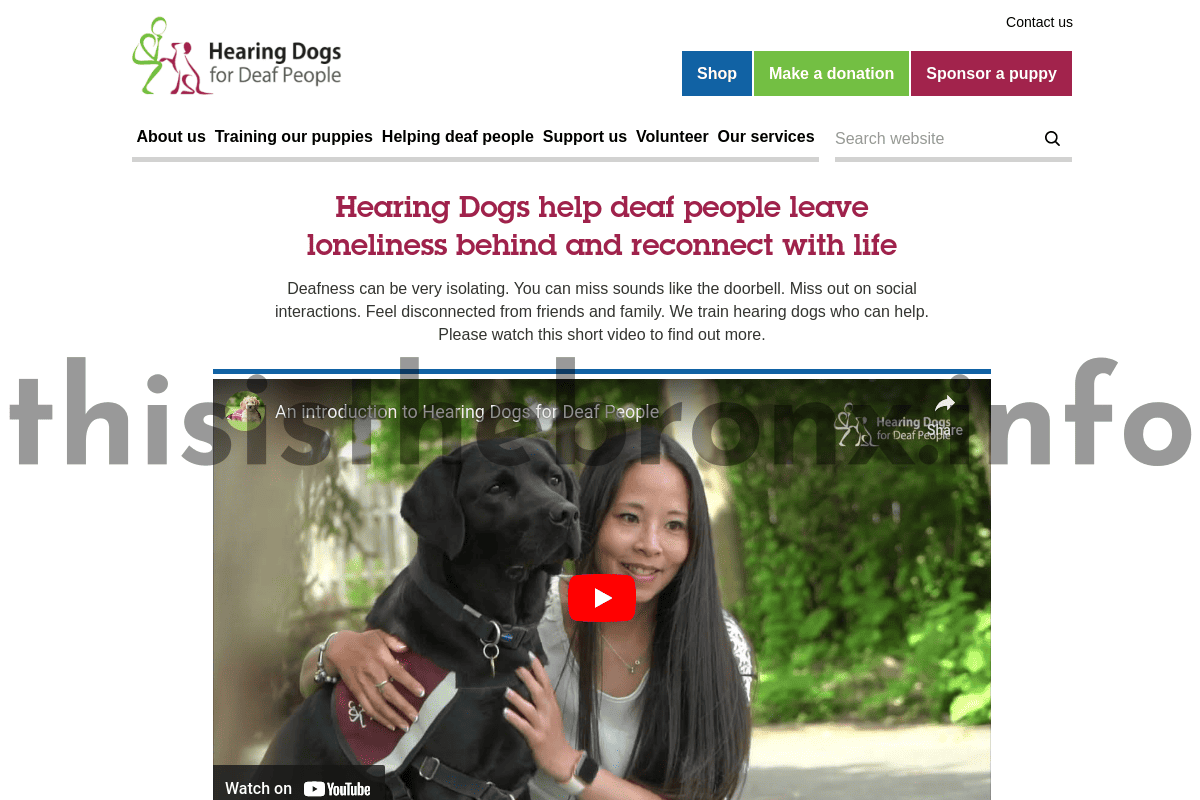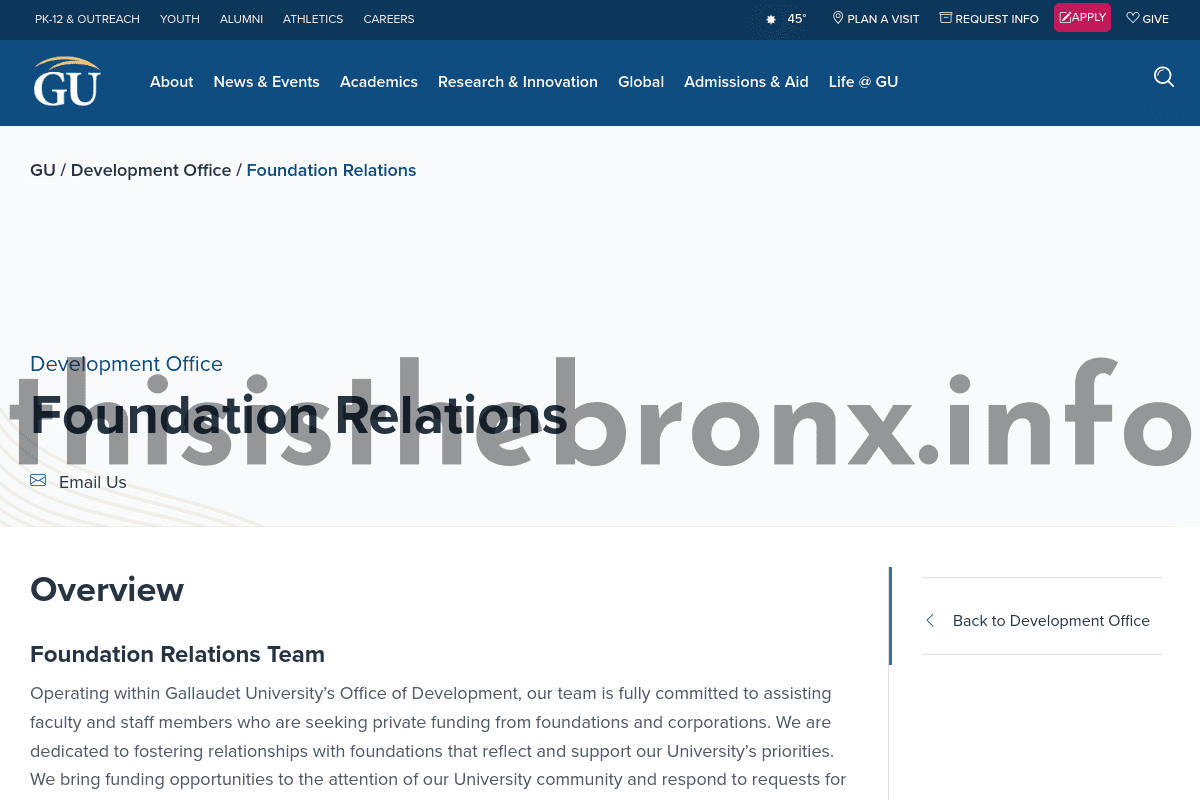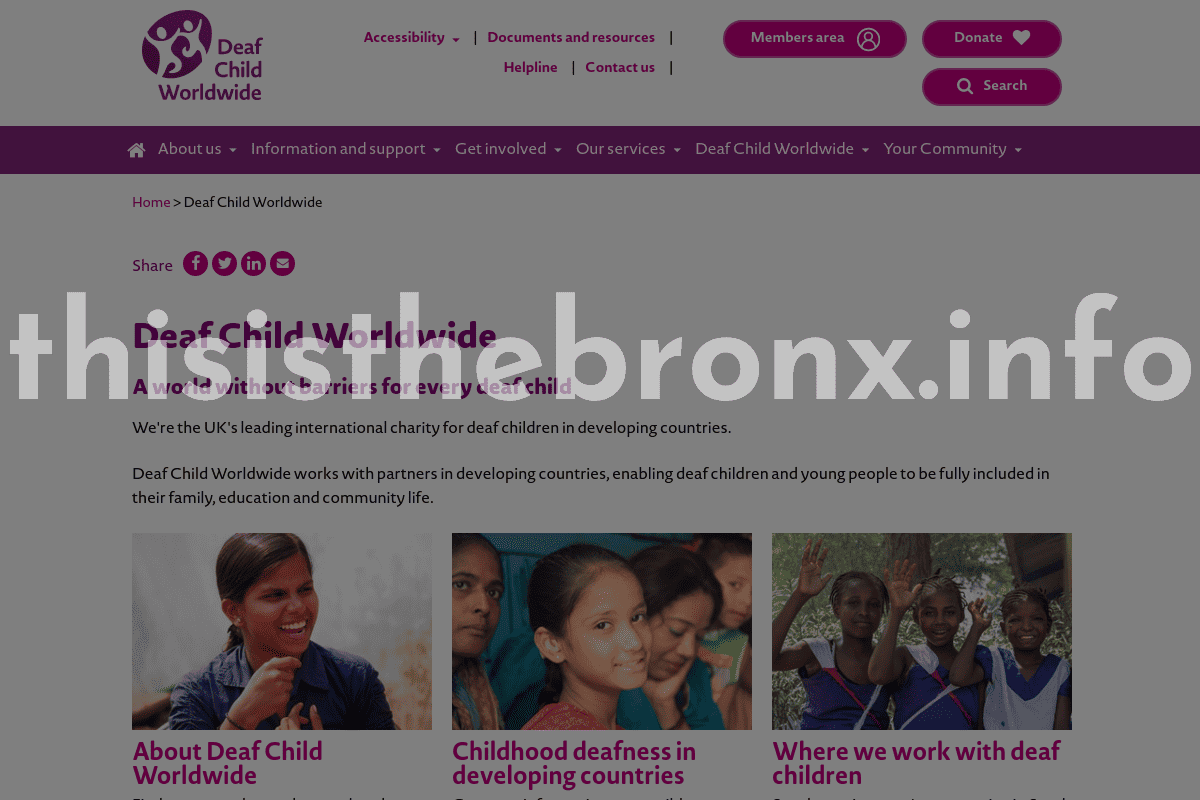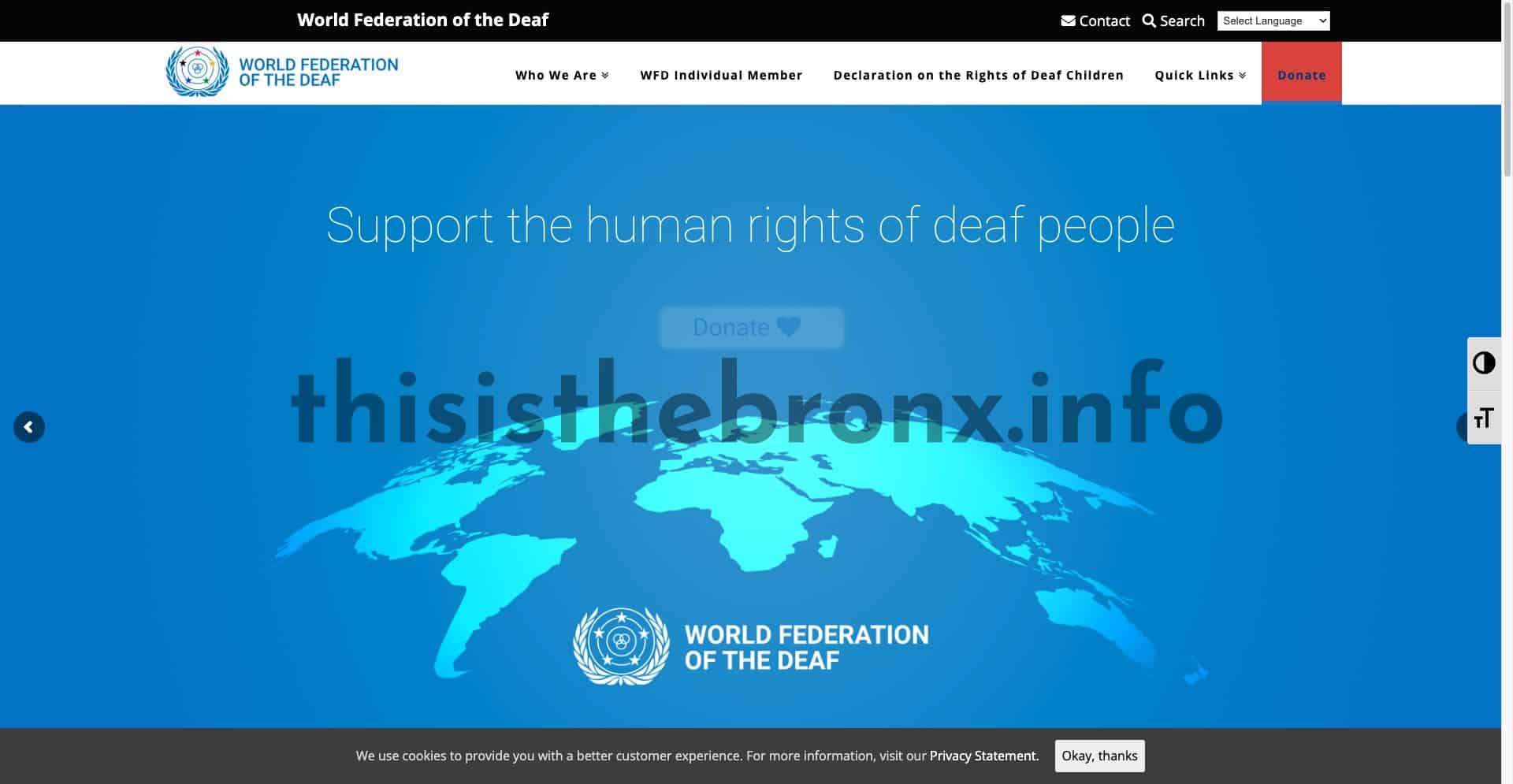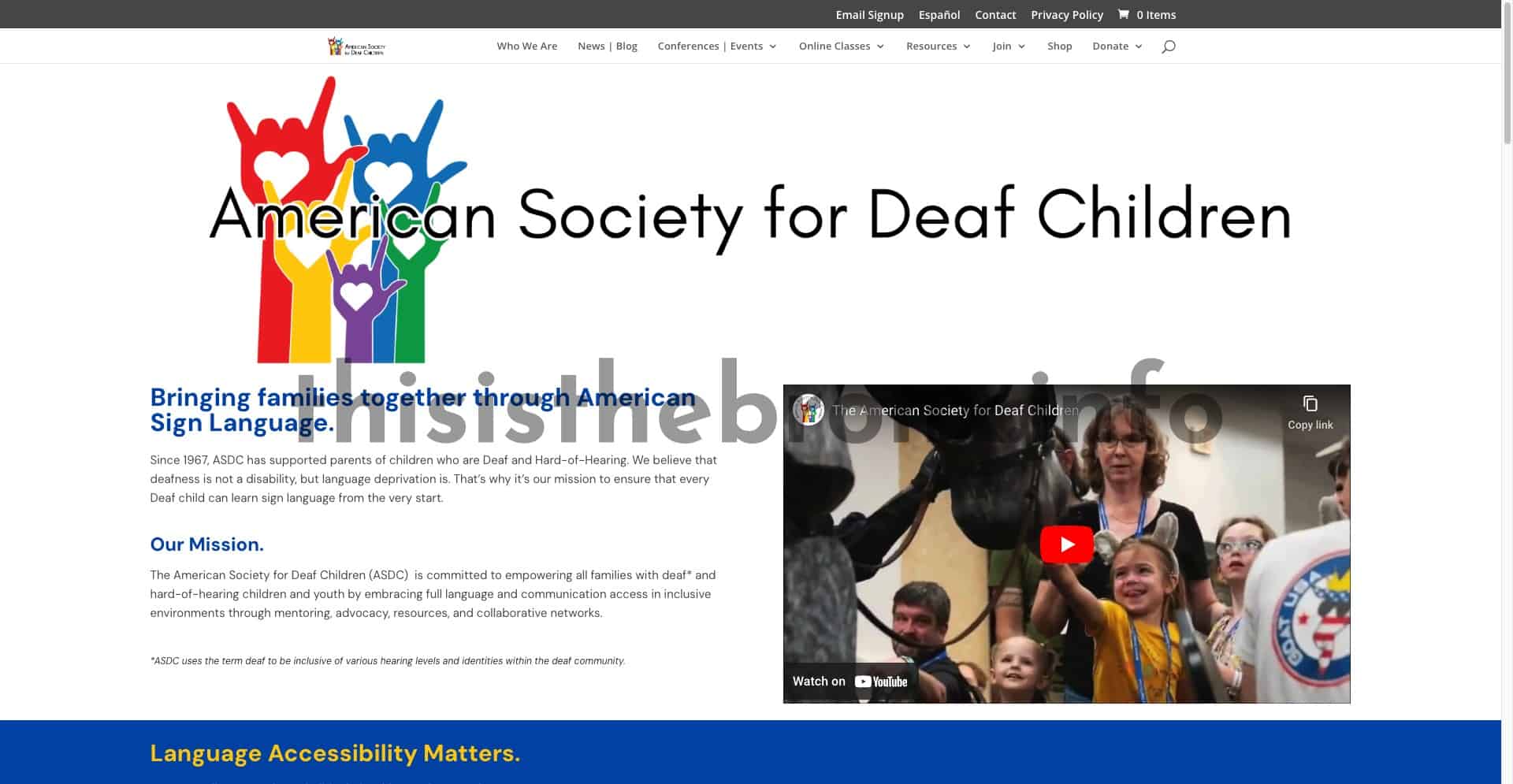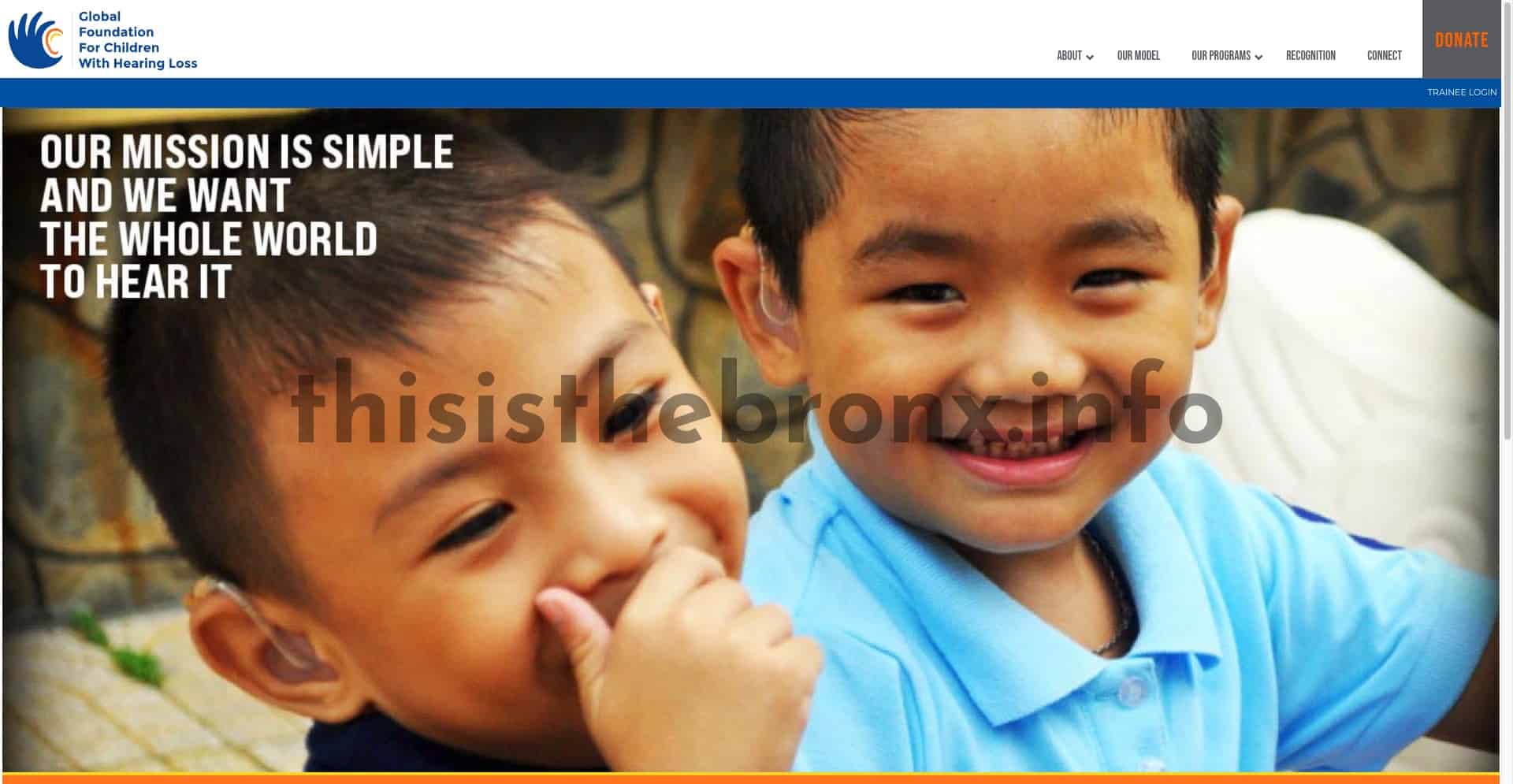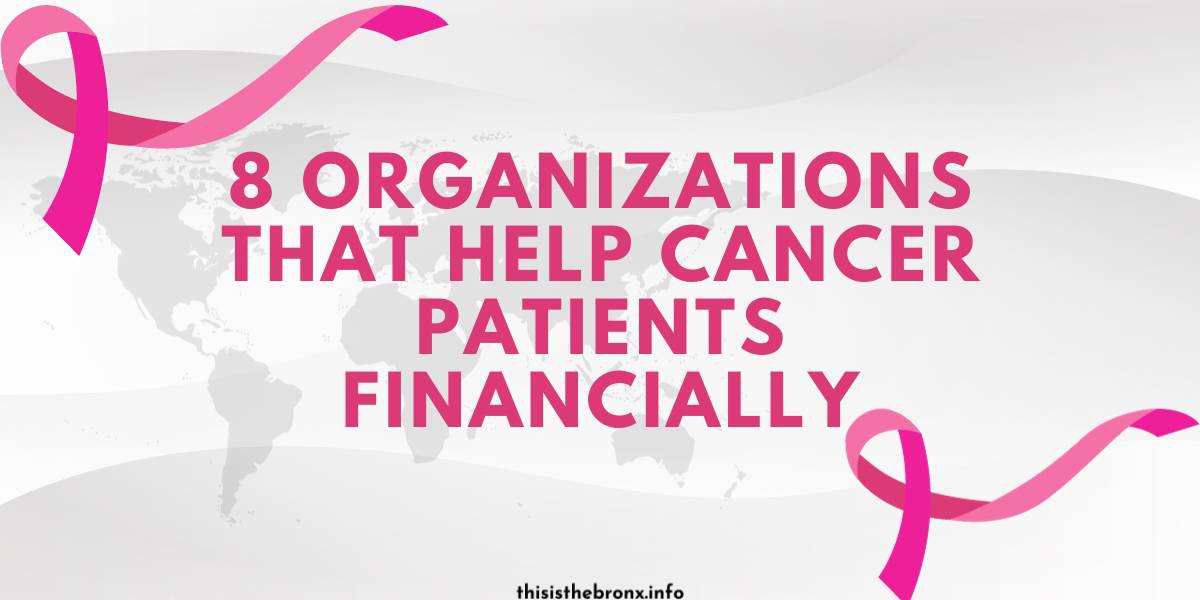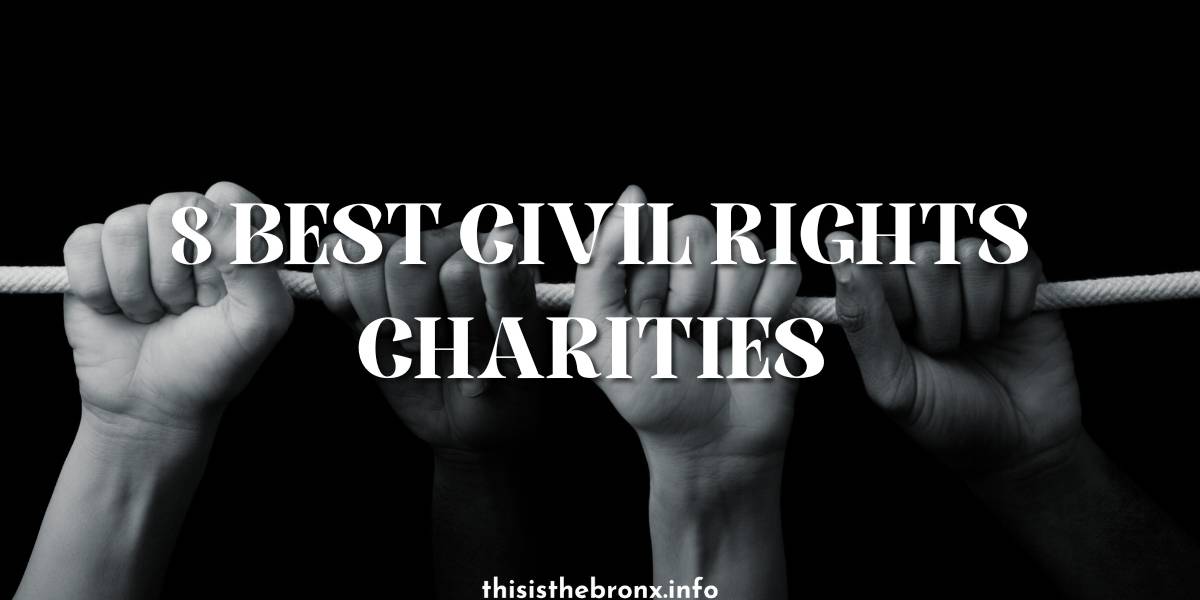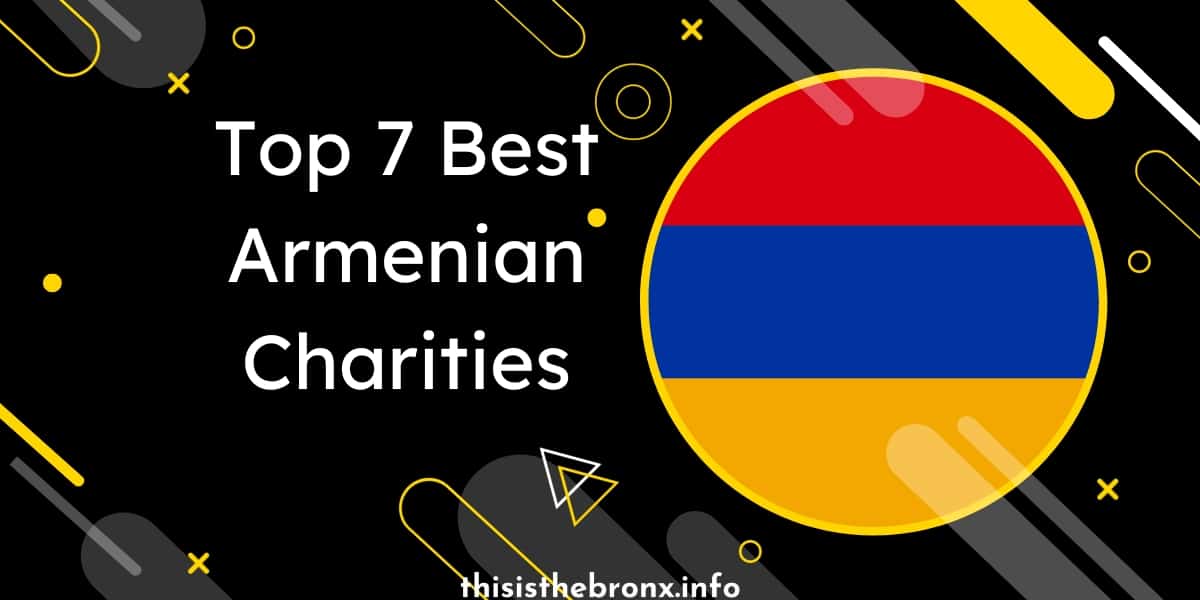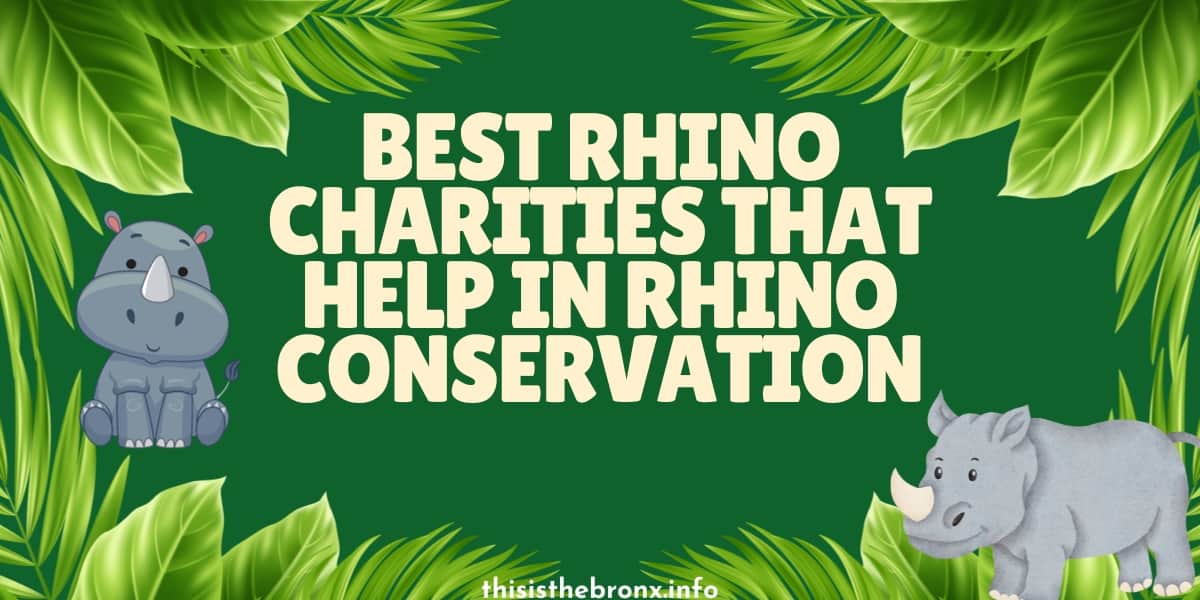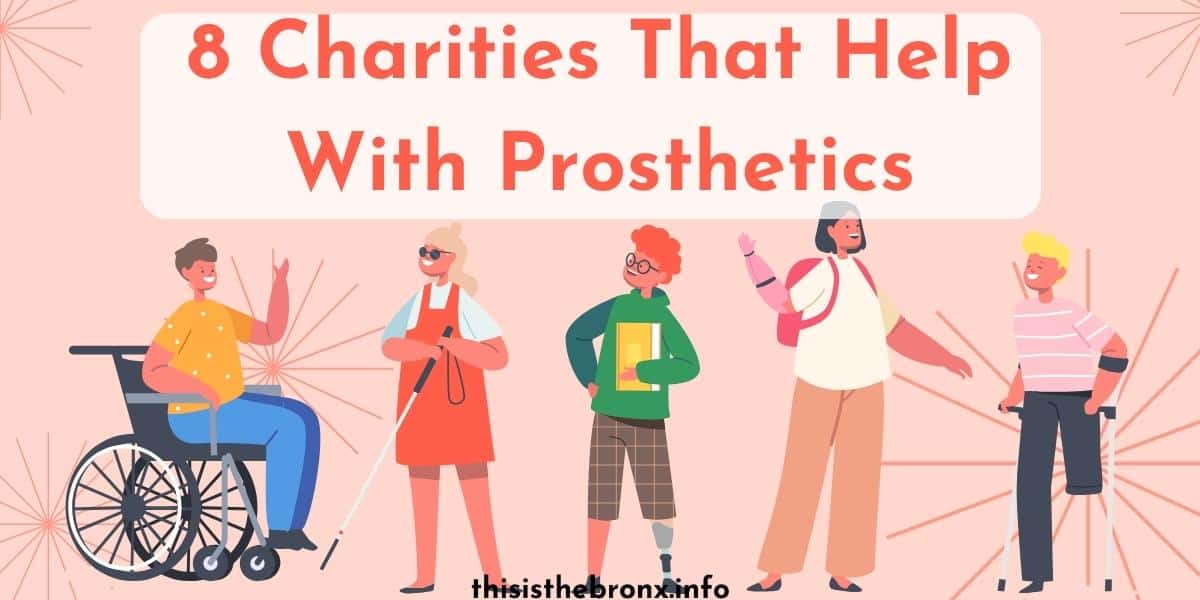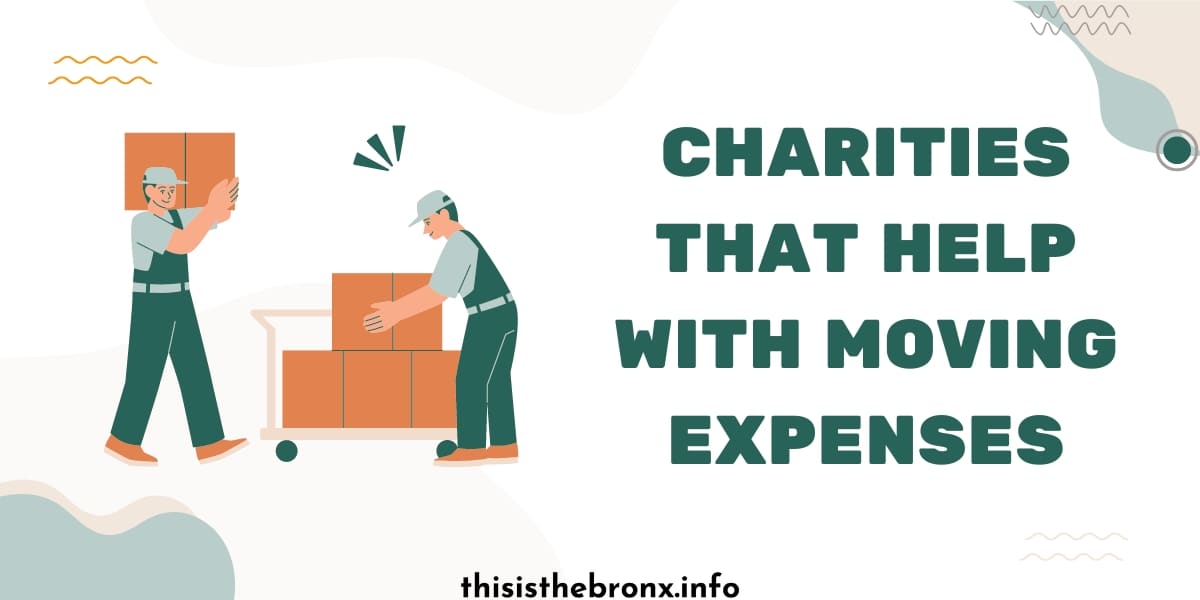We journey into the heart of the selfless world where charities for deaf people are making significant strides. From providing hearing aids to promoting sign language education, these organizations play an indispensable role in offering aid and becoming service providers in their communities.
A staggering number of individuals suffer from various degrees of hearing loss daily- from young children to late-deafened adults. This is not a statistic limited to the United States but affects millions worldwide.
The best charities for the deaf are The National Family Association for Deaf-Blind, Hearing Dogs For Deaf People, Deaf Child Worldwide, and the American Society For Deaf Children.
These well-established organizations undertake multiple roles: they serve as resource platforms for medical professionals; they foster advocacy networks; mystery-pry further awareness about deafness using the latest news – essentially serving as community cradles that hold up deaf individuals with steadfast support.
Table of Contents
Toggle1. National Association for The Deaf (NAD)
The National Association of the Deaf (NAD) is a non-profit organization established in 1880 to advocate for the rights of deaf individuals across the United States. Comprising associations from all states and having its central operations in Silver Spring, Maryland, NAD champions inclusivity and accessibility for deaf people in all areas of life ranging from transportation to education.
The organization also holds an esteemed international reputation as a member of the World Federation of Deaf, reaching out worldwide with delegates from over 120 nations. A key Initiative that raises public awareness about deaf issues is NAD’s Miss Deaf America Ambassador programs held during their annual conventions.
2. SignHealth
SignHealth, a dedicated charity, strives to enhance the quality of healthcare and ensure its accessibility for deaf individuals. Among its notable functions are campaigning for better access to health services, conducting insightful research relating to the needs of the deaf community, and promoting overall health.
More than that, SignHealth extends its support by running schemes catered towards assisted living and outreach programs specifically targeted towards deaf individuals struggling with mental health issues. Its services also include a nationwide Advocacy and counseling facility offering invaluable assistance to deaf victims experiencing domestic abuse.
3. Hearing Dogs For Deaf People (HDfDP)
Hearing Dogs for Deaf People is a renowned charity in the UK, established in 1982 by Dr. Bruce Fogle. The charity’s mission revolves around training dogs to alert deaf individuals of various sounds such as fire sirens or oven timers, providing not only practical aid but emotional support through companionship as well. Their visually distinct burgundy coats signal their essential role to the public, enhancing awareness of individuals with hearing loss.
Accommodating approximately 1,000 active hearing dog partnerships and creating nearly 2,500 since its establishment testifies to the organization’s notable success. In a transformative move in August 2017, the charity merged with Hearing Link thereby expanding its scope and capability to assist a wider range of people struggling with diverse levels of hearing loss.
4. Gallaudet University Foundation
Gallaudet University Foundation is a part of Gallaudet University, a federally chartered private institution based in Washington, D.C. The university is unique in its specialization in educating the deaf and hard-of-hearing community.
It was established as a grammar school for deaf and blind children in 1864, making it the world’s premier educational establishment for advanced education of this demographic. Gallaudet serves predominantly deaf or hard-of-hearing students through programs and services meticulously fashioned to cater to their unique needs.
5. Deaf Child Worldwide
Deaf Child Worldwide, an extension of the National Deaf Children’s Society, is a premier UK-based charitable organization dedicated to supporting the rights and improving the lives of deaf children amidst poverty and isolation in regions such as South Asia, East Africa, and South America. They collaborate with inclusive schools, NGOs, and parent groups on-site to instigate change for deaf children and young people through rigorous advocacy campaigns targeting rights protection.
The charity’s extensive programs reflect its commitment to deaf children; enhancing their education quality remains a significant focus. They also intensify efforts to facilitate better family communication dynamics while providing support directly at home.
6. World Federation of The Deaf (WFD)
The World Federation of the Deaf (WFD) is a globally recognized non-governmental organization serving as an umbrella body for national associations dedicated to supporting the deaf community. With active involvement in human rights advocacy, WFD collaborates with the United Nations and aids numerous UN agencies, including the International Labour Organization and the World Health Organization.
Also do support charities which support blind people, along with supporting deaf people like these charities.
7. American Society For Deaf Children(ASDC)
The American Society for Deaf Children (ASDC) is a nonprofit organization, inaugurated in 1967. Originally called The International Association of Parents of Deaf Children, it was rebranded to ASDC in 1985, becoming the nation’s oldest parent-led group dedicated to supporting deaf children and their families.
Primarily sustained through donations, memberships, and conference proceeds, ASDC embodies an altruistic spirit aimed at empowering families raising deaf or hard-of-hearing children with essential resources.
8. Global Foundation For Children With Hearing Loss
The Global Foundation For Children With Hearing Loss is a non-profit organization devoted to empowering local communities worldwide with the skills and resources necessary to assist children suffering from hearing loss.
They employ a unique ‘Train the Trainer’ approach, enabling local healthcare professionals to support their own country’s affected children, leading to sustainable improvements in care. The foundation prioritizes cultural sensitivity in all its endeavors, adapting programs according to the language, customs, and practical requirements of each setting.
